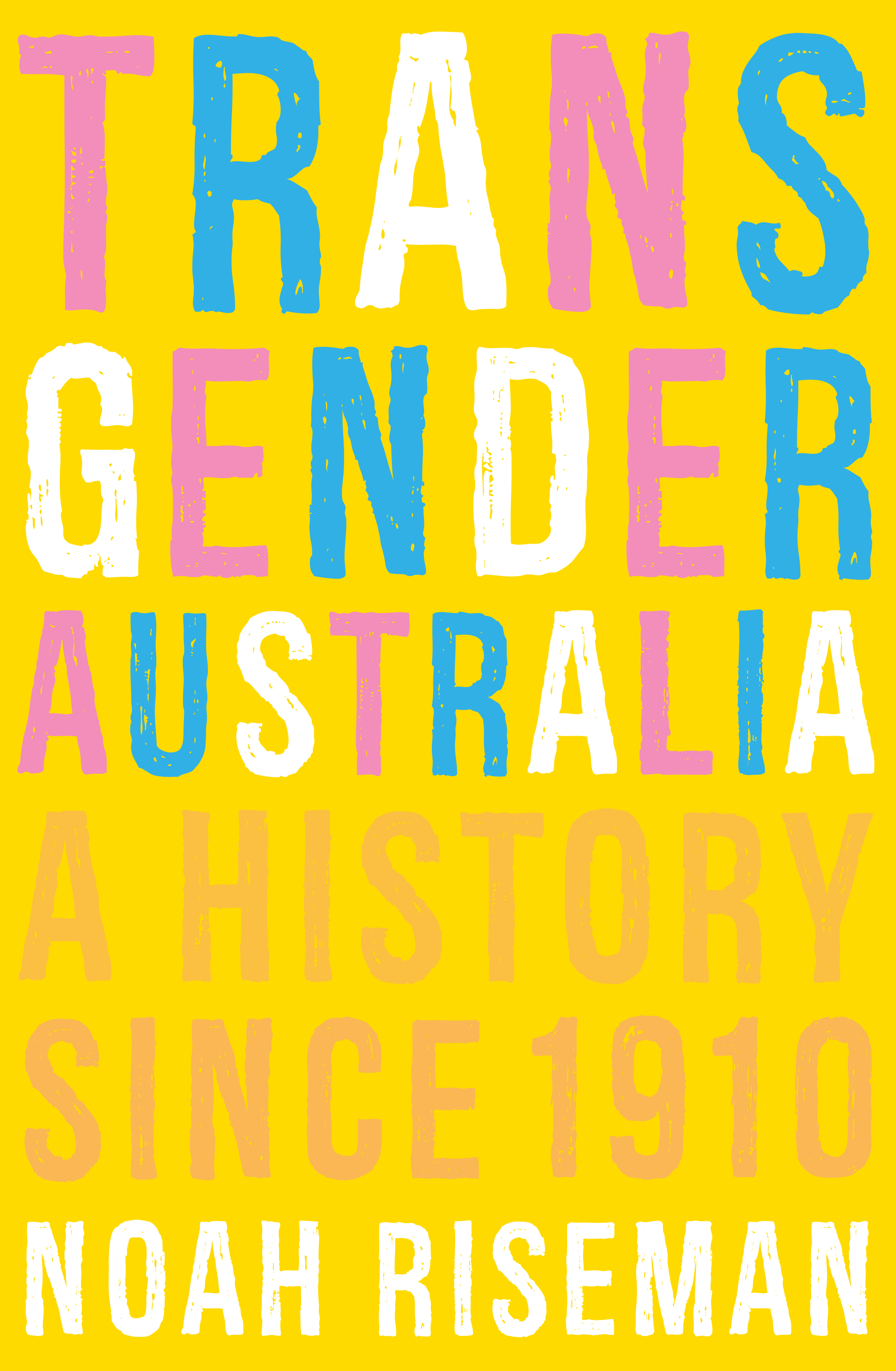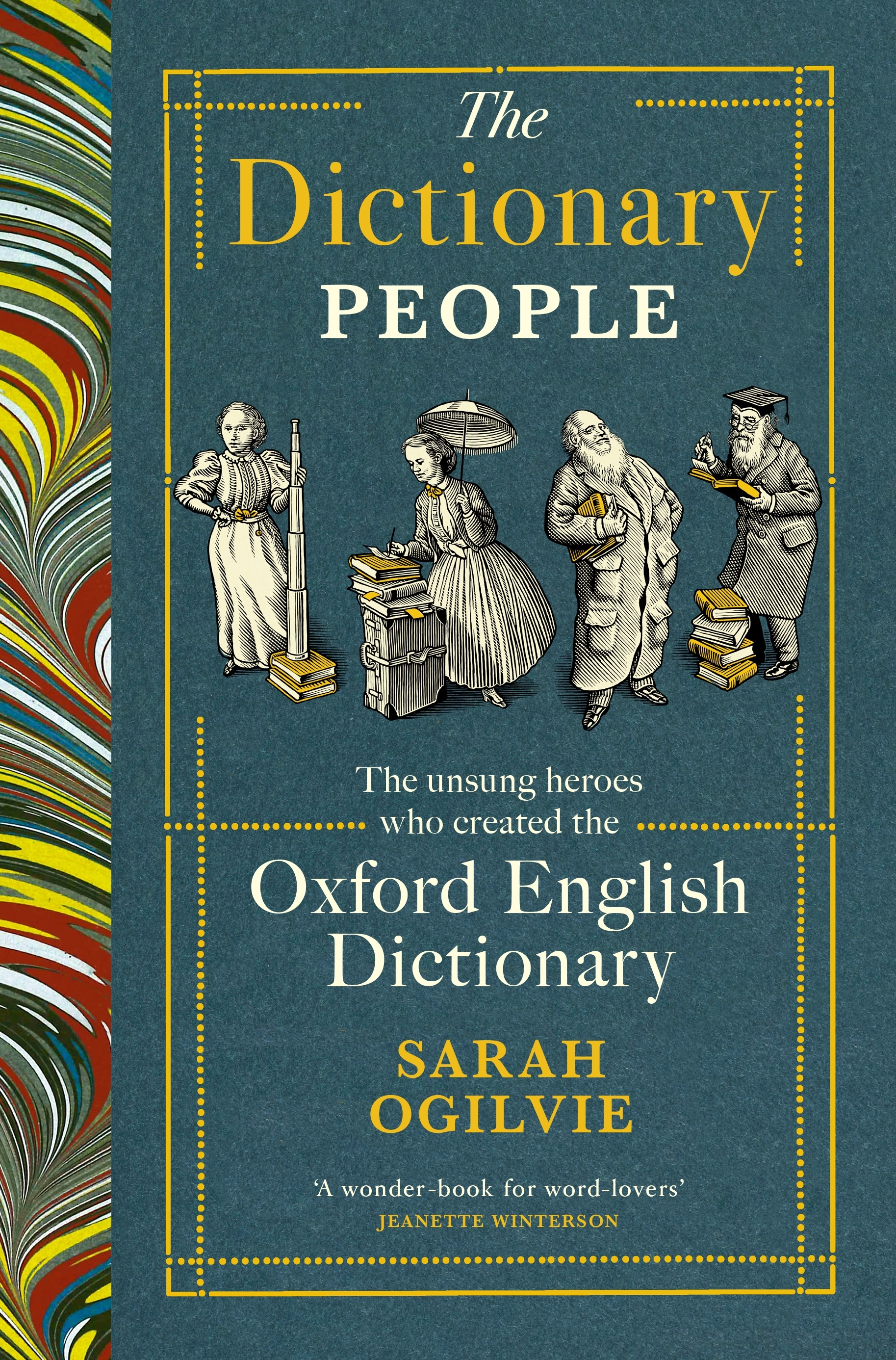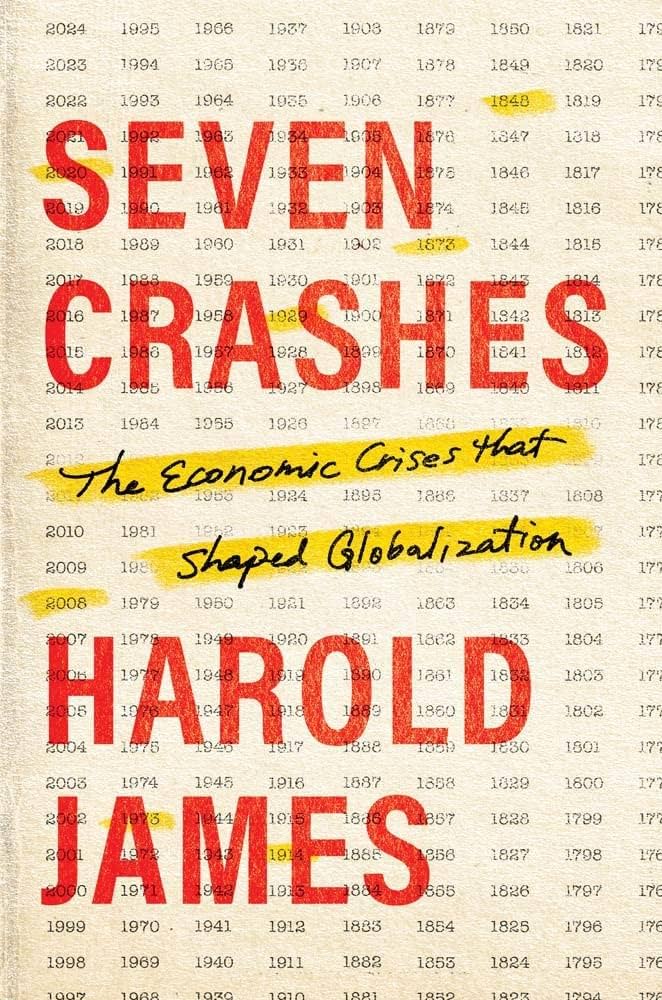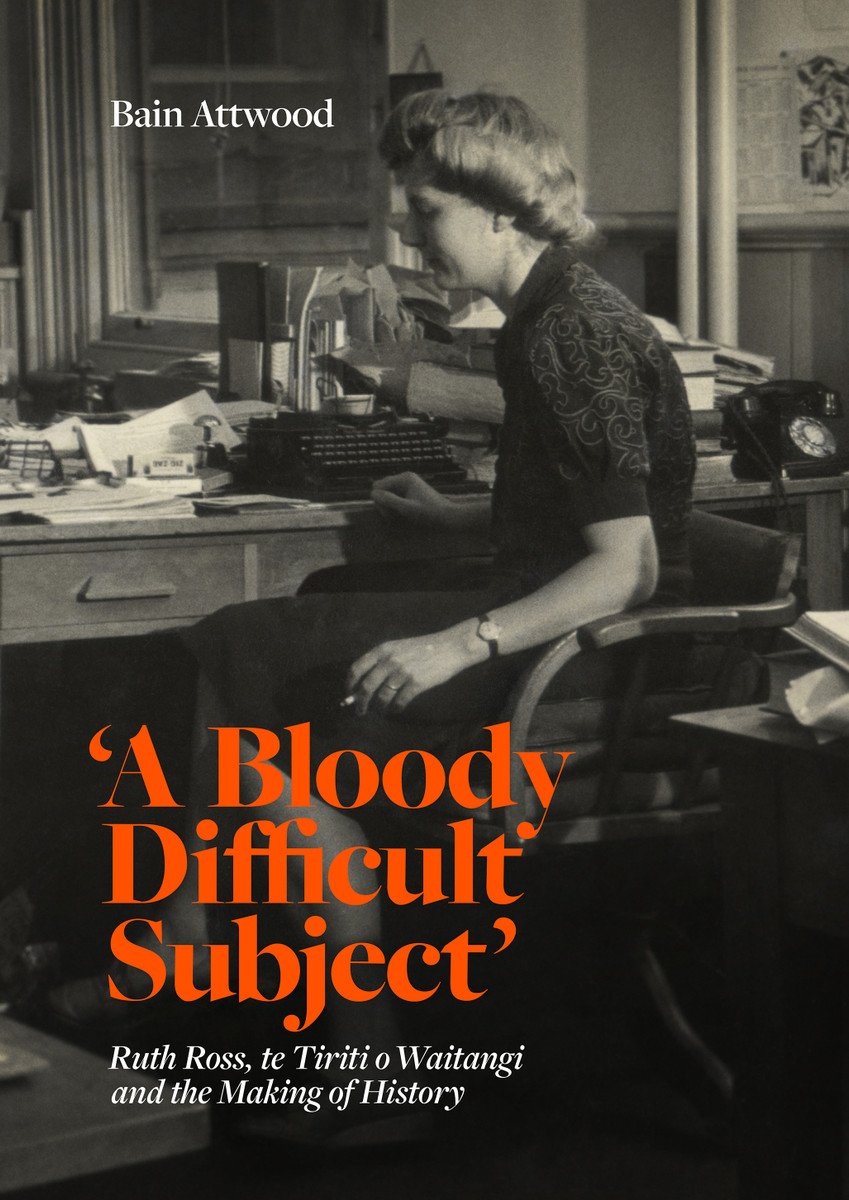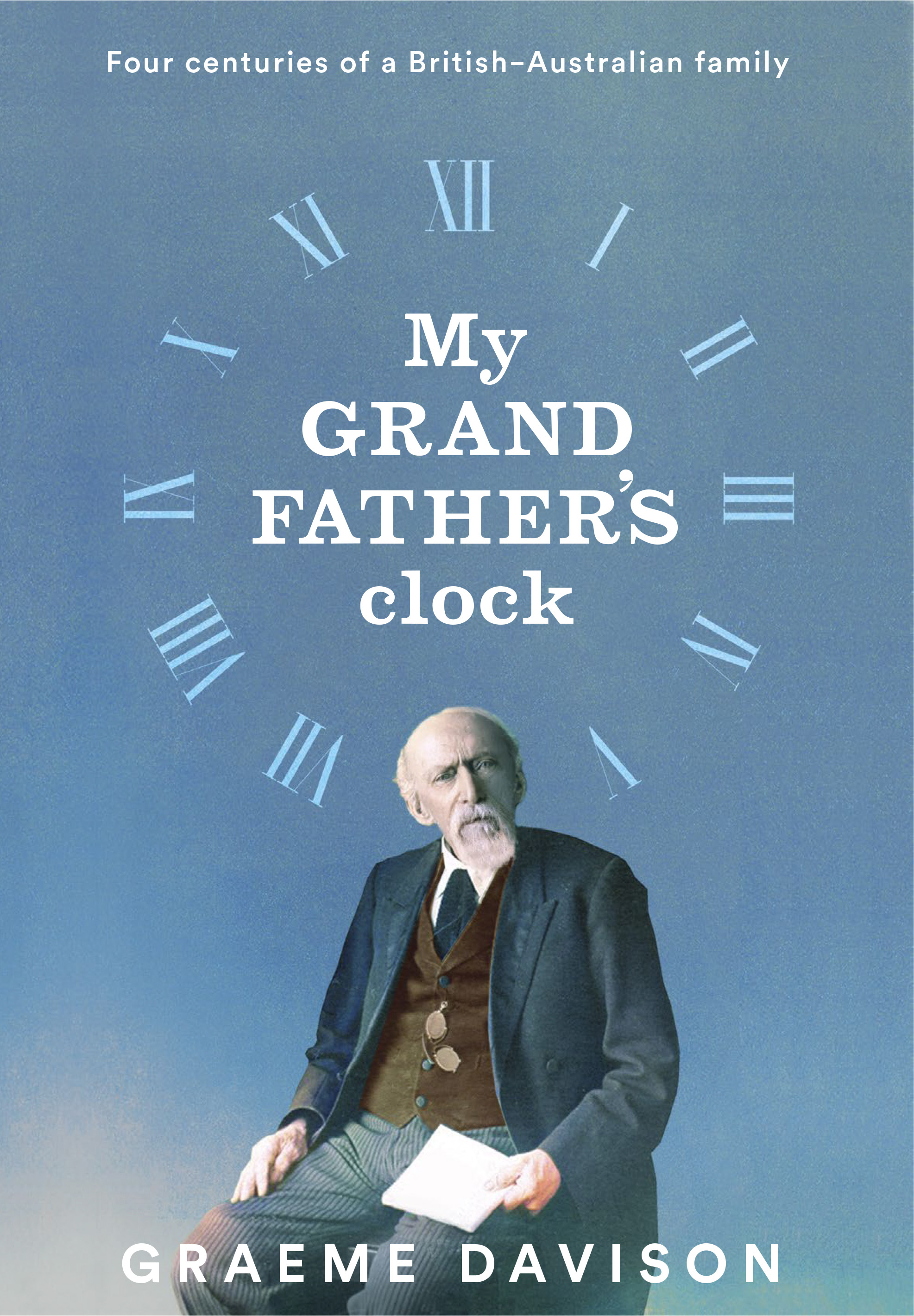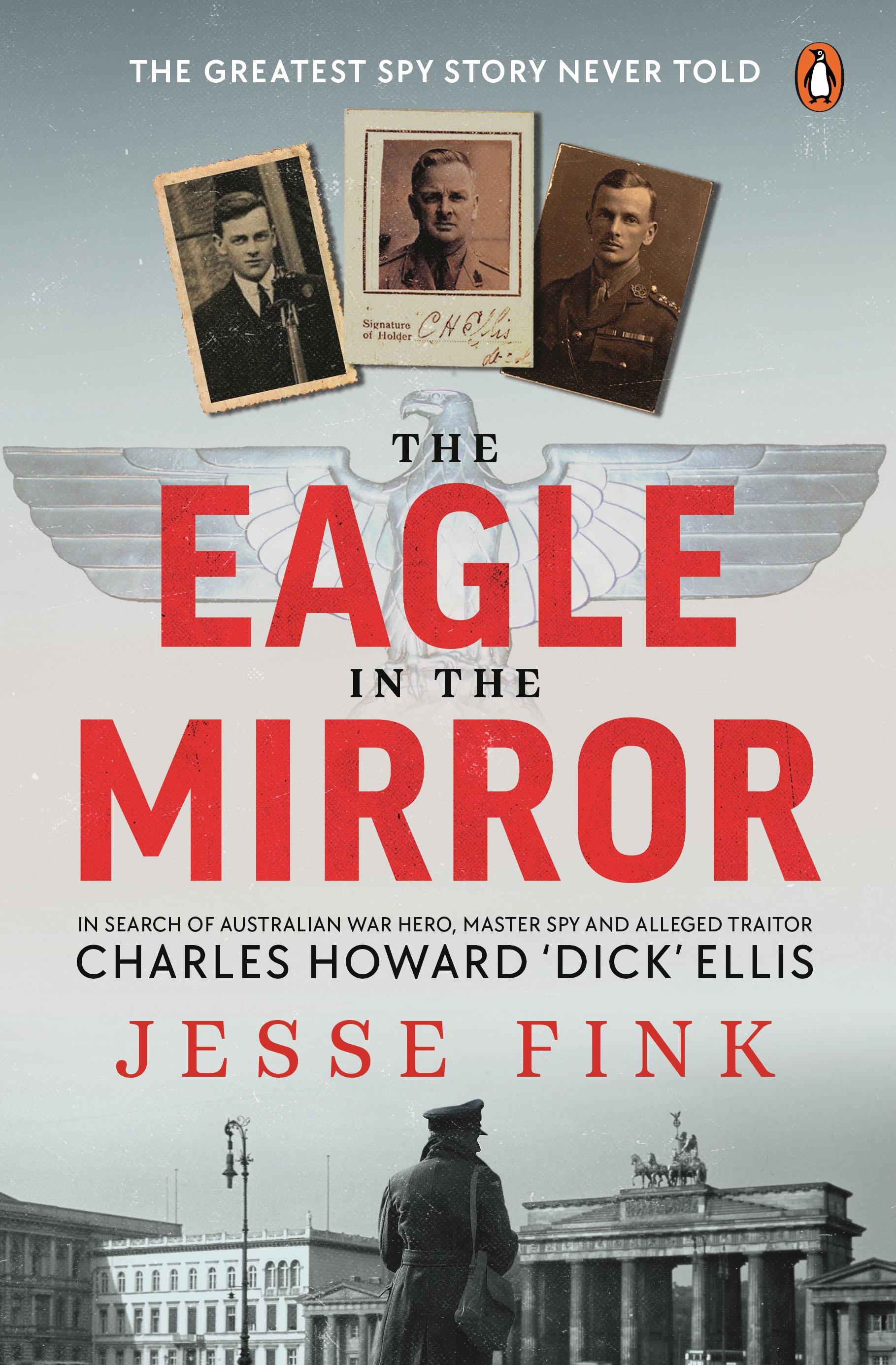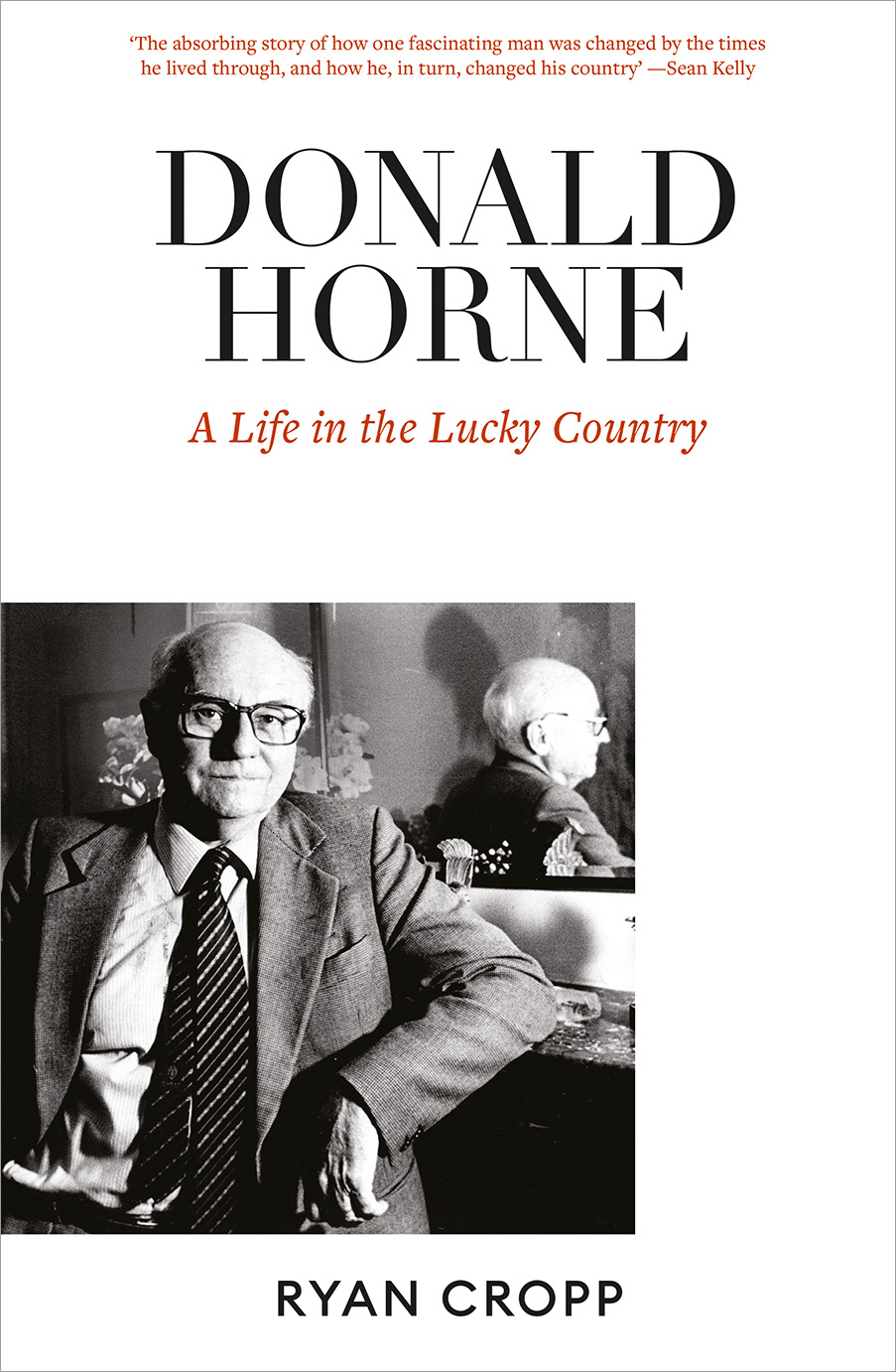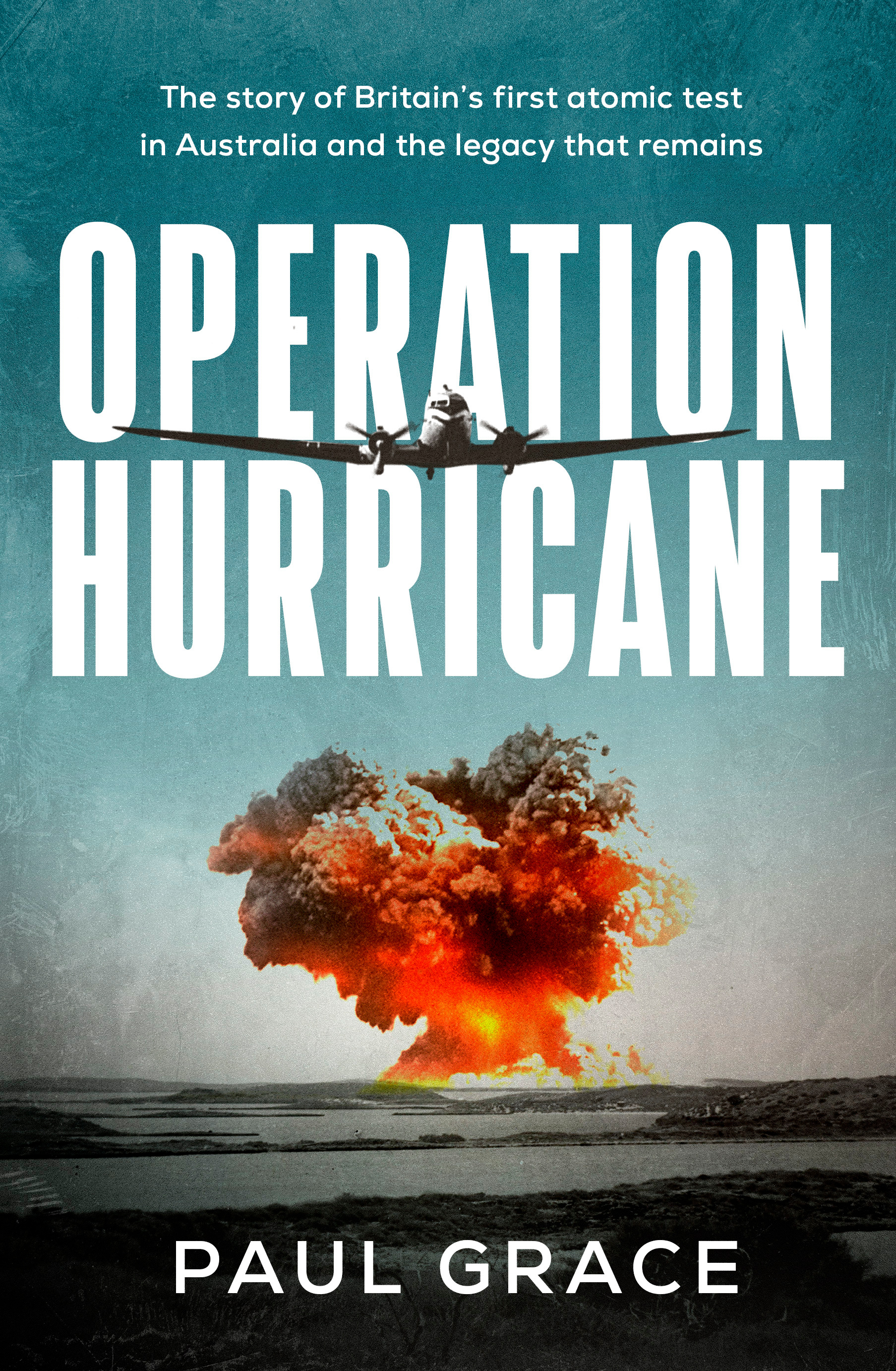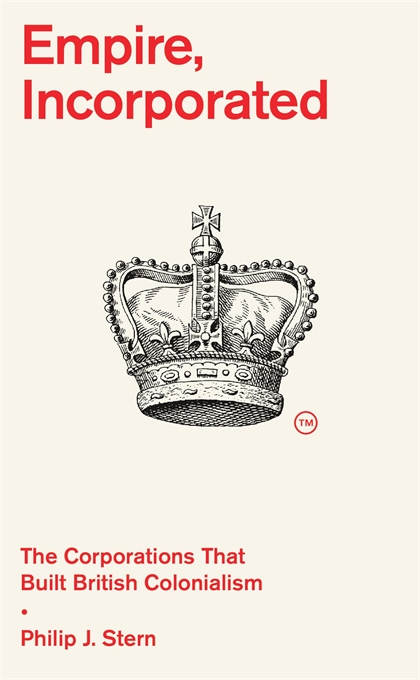History
At the first Australian Conference on Transsexualism, convened in 1979, a Dr Michael Ross declared that Australia had the highest incidence of transsexualism in the world. Whatever proportion the good doctor was observing, it must be immeasurably higher today; and yet until now there has been no formal history of gender-diverse Australians.
... (read more)The Dictionary People: The unsung heroes who created the Oxford English Dictionary by Sarah Ogilvie
My edition of the Oxford English Dictionary (1979) defines ‘dictionary’ in two ways: ‘1. A book dealing with the individual words of a language … so as to set forth their orthography, pronunciation, signification and use … arranged, in some stated order, now, in most languages, alphabetical …’; ‘2. By extension: A book of information or reference on any subject or branch of knowledge, the items of which are arranged in alphabetical order …: as a Dictionary of Architecture, Biography, Geography … etc.’
... (read more)Seven Crashes: The economic crises that shaped globalisation by Harold James
This fascinating and frustrating volume is really three books in one: a compilation of revelatory portraits of seven modern economic crises; a beautiful essay on language, literature, and finance; and an effort to draw lessons from the seven calamities. Of the three books, two are brilliant, one less so.
... (read more)'A Bloody Difficult Subject': Ruth Ross, te Tiriti o Waitangi and the making of history by Bain Attwood
The Treaty of Waitangi – in Māori, te Tiriti o Waitangi – has in New Zealand, during the past forty years, acquired a degree of significance in relations between the state and iwi and hapū (tribal groups). A permanent commission of inquiry, the Waitangi Tribunal, is empowered to report on claims by Māori that acts or omissions of the state have been or are contrary to the principles of the Treaty and have had prejudicial consequences.
... (read more)My Grandfather's Clock: Four centuries of a British-Australian family by Graeme Davison
With My Grandfather’s Clock: Four centuries of a British-Australian family, historian Graeme Davison has offered his readers and bequeathed to his grandchildren a very special book, at once genealogy, travelogue, memoir, broad social history, and a meditation on the sources of personal identity. It is a book to be treasured.
... (read more)This week, on the ABR podcast, we feature a special conversation between author and journalist David Marr, historian Mark McKenna and ABR’s Georgina Arnott, recorded in the middle of September 2023, one month out from the Voice referendum. The subject was David Marr’s new book, Killing for Country: A family story, which takes the reader to early nineteenth-century New South Wales and follows the bloodshed of invasion as it tracks north. Mark McKenna’s review of Killing for Country is published in the October issue of ABR.
... (read more)The Eagle in the Mirror by Jesse Fink & My Mother the Spy by Cindy Dobbin and Freda Marnie Nicholls
The life of a spy is based on lies, but both these books make an attempt to separate fact from fiction in the stories of their subjects.
... (read more)Here we are again, luck ringing over the land. Ryan Cropp’s new examination of the life and work of Donald Horne (1921–2005) comes out as we resume unpicking the gordian knot of what exactly is Australia. As Cropp observes, it has become impossible to describe this nation without the word luck, as if a continent rolls dice. It is the language of gamblers, of the complacent. It wasn’t introduced by Horne – any survey of the country’s newspapers will find Australia panegyrised or dismissed for riding its luck, but with the publication of The Lucky Country in 1964 Horne caught a truth in a sentence: ‘Australia is a lucky country run by second-rate people who share its luck.’ It was Horne’s personal stroke of luck, changing him as it changed his country. In later years, when Horne became one of those people who ran the place, had Donald joined the second-raters, sharing the spoils of chance?
... (read more)Operation Hurricane: The story of Britain’s first atomic test in Australia and the legacy that remains by Paul Grace
In April 1952, during the long voyage from Portsmouth around the Cape to the Montebello Islands off the coast of Western Australia, HMS Narvik and HMS Zeebrugge anchored at the Cocos Islands in the Indian Ocean. After a slow, lurching trip, the palmy islands and their azure seas were a tonic. There, the crew of the British ships met for the first time with the legendary RAAF No. 2 Airfield Construction Squadron that had built the Woomera rocket range in South Australia and was then building a civil airport on the islands. Five British crew decided, against an explicit order from the Australian Commander, to take a swim. In the treacherous reef waters, they quickly got into trouble and RAAF servicemen went to rescue them. The Prologue to Operation Hurricane gives a harrowing account of how three men drowned: one of the Brits and two of the Australian rescuers.
... (read more)Empire, Incorporated: The corporations that built British colonialism by Philip J. Stern
A senior public servant writes that the history of corporations shows that there are ‘some things which a Government cannot do officially, and which are best accomplished when the people take the lead, while the State lends its support, remaining in the background until it is required to interfere’. This is ‘almost forgotten now in these days of international law, of diplomats, and of quick intelligence sent to headquarters by wire from the uttermost parts of the earth’.
... (read more)

